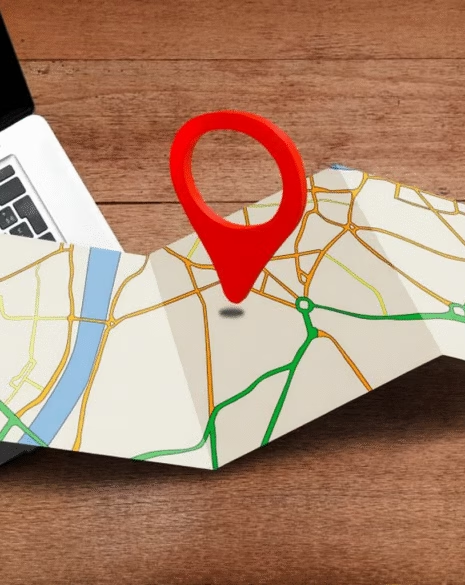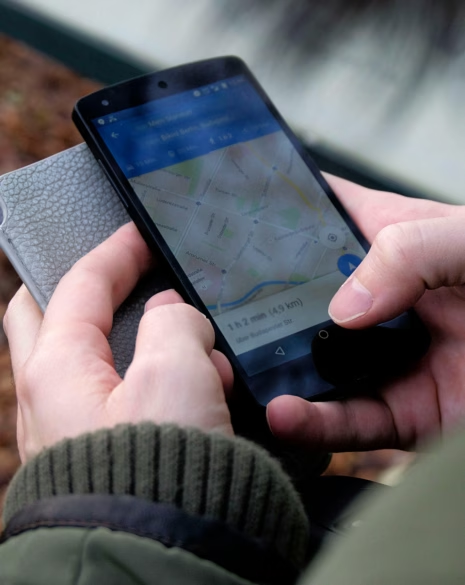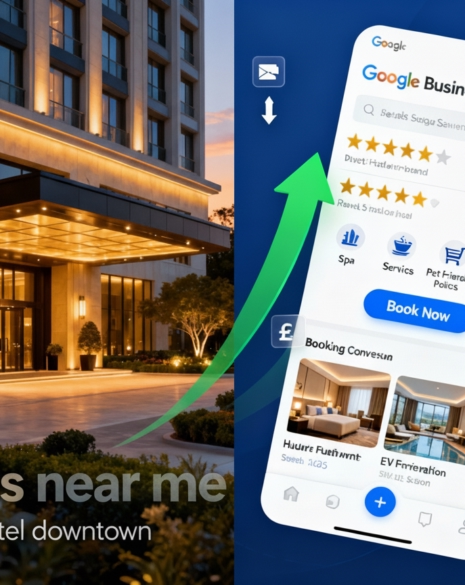Last week at The Hotel Summit, one slide from my presentation triggered more questions than anything else. It wasn’t about branding, OTA commissions, or loyalty programmes.
It was about AI — and how deeply it’s starting to influence the way guests research, decide, and book their stays.
It’s no big surprise that AI is permeating every part of business. That headline has been done to death.
But when you look specifically at travel behaviour, the statistics are genuinely eye-opening:
- 42% of British travellers have already incorporated AI into their travel plans or are open to doing so (source: YouGov).
- 82% of travellers who used AI for trip planning were satisfied with the experience (source: Matador Network).
- 53% of Gen Z and 57% of Millennials now prefer AI-assisted travel planning (source: Zartico, published in The New York Times).
These aren’t marginal numbers. AI isn’t just tinkering at the edges of travel — it’s now actively reshaping the booking journey for a significant portion of guests.
How it’s happening
Throughout my talk, I shared a few examples of how this shift is playing out in practice.
The obvious ones:
- Google’s Search Generative Experience (SGE) — with AI-generated summaries and travel suggestions.
- ChatGPT — increasingly being used for inspiration, itineraries, and even booking recommendations.
- Bing’s CoPilot — offering AI-driven trip planning directly within search results.
And the not-so-obvious ones:
- Layla — an AI travel agent that acts more like a trusted adviser than a traditional booking engine.
- Siri and Alexa — voice assistants that quietly shape early-stage research and brand discovery.
These tools aren’t just novelties. They’re becoming part of the everyday decision-making process — often before a guest even visits a hotel website or OTA listing.
What it means for hotels
If a growing percentage of guests are using AI to decide where to stay, it follows that hotels need to think carefully about how they show up in that journey.
It’s not just about having a great website anymore. It’s about ensuring your property is visible, accessible, and appealing within the ecosystems that AI tools are pulling from.
And with the younger demographics leading the charge, this isn’t a short-term trend. It’s the direction of travel for the next generation of hotel guests.
For more information on our services, and what we can do for you, feel free to get in touch.






